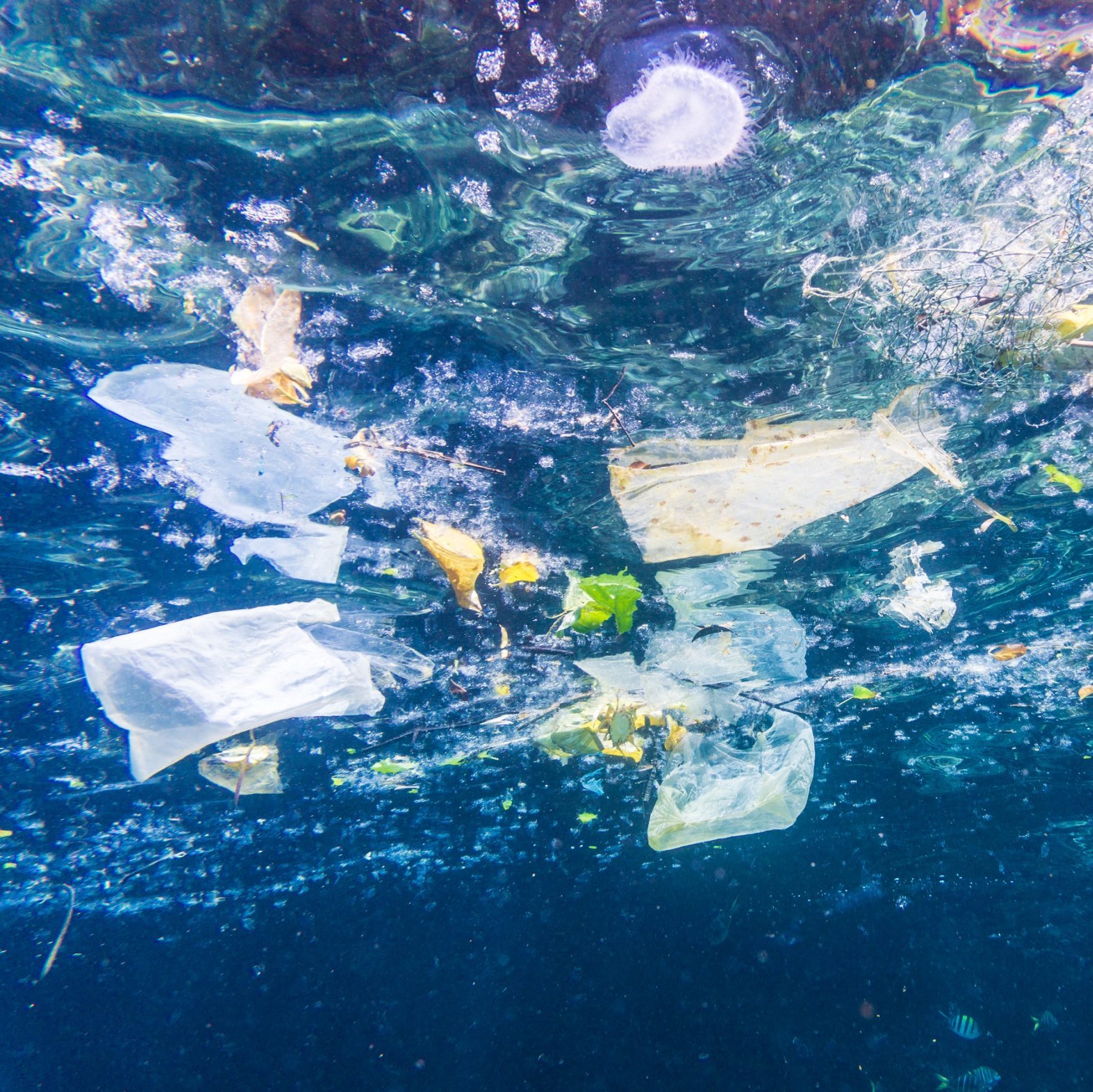
Out of the plastic trap: 2 business ideas for a plastic-free life
Plastic is everywhere today: it is wrapped around your food, it’s in the jumper you are wearing, it’s in almost every product you are touching, it’s even at the beaches and in the oceans you are going to for a pleasant holiday. But its history is one of a fall from grace: plastic turns from a great promise of modernity in the 1940ies into a plague for mankind and animal kingdom in 2018. A lot of disposable plastic products just became taboo. First plastic bags were banned in many countries around the world, then a lot was discussed about the use of plastic straws. Now it's almost official: the European Commission would like to ban plastic cotton buds, cutlery, plates, straws, drink stirrers and sticks for balloons, and proposed a package of measures that promises to help us out of the plastic trap.
How to get out of the plastic trap
According to the European Commission, Europe produces 25 Million tonnes of plastic waste of which only 30 % is recycled. Moreover, single-use plastic items represent 50 % of marine litter. A search on Twitter or Google on the issue of marine littering through plastics spits out images of sea animals that painfully died of tonnes of small plastic parts – just such plastic parts that the EU now wants to ban. Sometimes, such prohibitions actually lead to innovation, as it was the case with the light bulb. The ban on the conventional incandescent light bulb in 2009 not only caused an outcry among consumers, but also made some manufacturers inventive. Modern LEDs today offer an environmentally friendly alternative, which thanks to a wide range of colours and shapes can still radiate warmth and a cozy atmosphere in your bedroom. Whether the plastic ban will actually have the same desired effect, is still hotly debated in politics and economy. Nevertheless, the mere discussion about a ban could help: It draws attention to real problems and forces consumers and manufacturers to look for alternatives and new solutions. However, we cannot regulate our entire lifestyle through prohibitions and simply prescribe sustainable consumption and production behavior. In some cases, therefore, entrepreneurship is needed to create new ideas and alternatives.
As an initiative from the economy, our Green Alley Award – Europe's only startup prize specifically for the circular economy – is based precisely on this idea of entrepreneurship, especially on startups with their pioneering spirit, their wealth of ideas and their willingness to take risks. So, the way out of the plastic trap crosses path with innovative business models that transform waste into resources. Many founders and young entrepreneurs have recognized this potential and are working on smart products, clever services and innovative technologies, as demonstrated by the business ideas of several finalists and winners of the Green Alley Award in recent years.
Two business ideas for a plastic-free life
A plastic-free live seems almost unimaginable: When it comes to plastic packaging, consumers currently have few alternatives. This could change at least in the cosmetics sector with a small revolution from Finland: In 2017, the Finnish startup Sulapac convinced the jury of the Green Alley Award with a sustainable alternative to plastic packaging. The two scientists, Suvi Haimi and Laura Kyllönen, have developed a biodegradable packaging material made from wood and natural adhesives. The primary component wood is a renewable raw material, which originates from sustainable forestry and thus does not waste any finite primary sources such as gas or oil. In addition, the colorful boxes in Nordic design with their waterproof and impermeable properties have all the advantages of real plastic. The packaging is currently used mainly in the cosmetics industry. The aim of the two founders, however, is to convince other sectors of their alternative packaging.
From Finland as well comes a simple and ingenious solution for reducing the amount of plastic packaging in the booming online retail sector: A service replacing single-use delivery packaging with a sustainable packaging – one that can be returned and reused up to 20 times. Inventor is the startup RePack. Whereas, according to estimates, 95 % of the value of plastic packaging material is not retained in the economy but lost after a very short first-use, the returnable RePack bags are made of recycled polypropylene and have a much longer product life cycle. This idea helps saving resources and reducing the amount of plastic waste in our homes. And, if online customers opt for RePack packaging, they even receive a reward or incentive for returning it. This increases customer loyalty ̶ with a sustainable twist ̶ for online retailers. RePack is now available in nine countries and almost 40 webstores. And for those who would rather uphold zero waste and wonder, what happens to the RePack once it has been used 20 times, Head Designer Juha Mäkelä already came up with a solution: to upcycle the RePack as backpack. Have you been around Paris lately? Then you might have spotted the handmade RePack in Galeries Lafayette.
What are you doing about plastic waste?
These two business ideas show that there is a way out of the plastic trap and it might lead straight to zero waste and closed loops. We at Landbell Group are already following down this path and we hope to get more and more supporters along our way. Get in touch with us and spread the word: applications for this year’s Green Alley Award close on 1st July 2018.
Want to know more about the European Strategy for plastics in a circular economy? Here are some great fact sheets:
Changing the way we use plastics
Single-use plastics: New measures to reduce marine litter